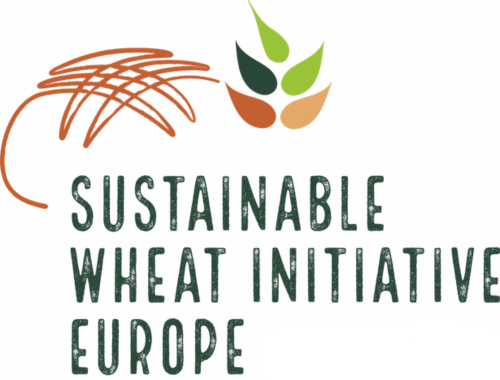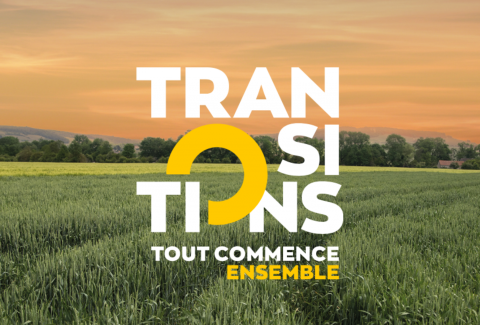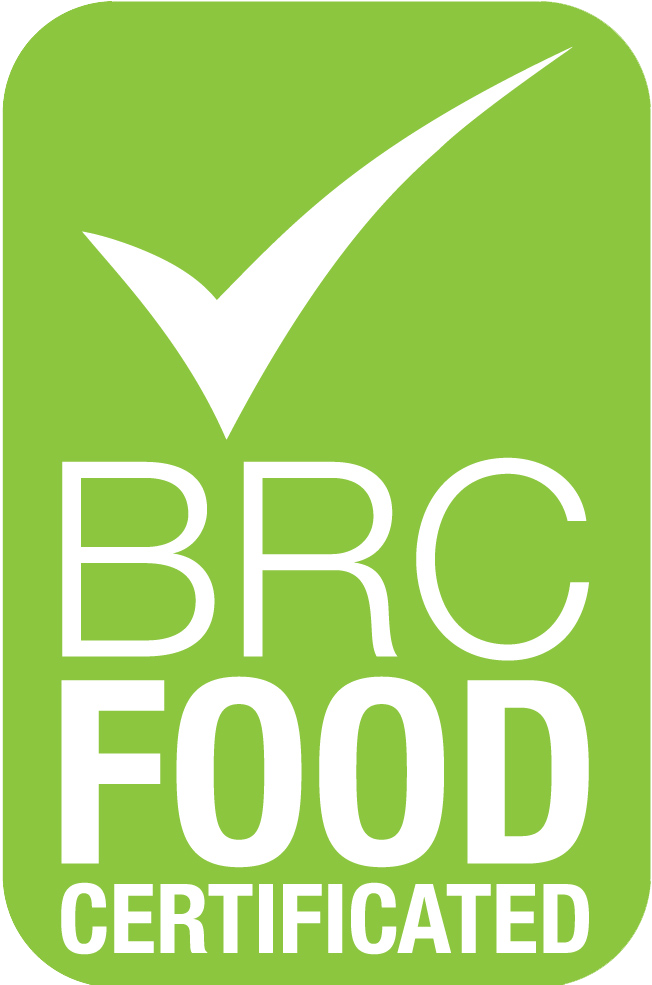More than 80% of emissions linked to wheat flour are generated before and during cultivation. As it is our main raw material, we have a responsibility to support the agricultural sector in moving towards more sustainable practices that preserve soil quality, water resources, and biodiversity. That is why we committed to the Sustainable Wheat Initiative Europe in spring 2025.
Our commitments to make quality products for all, today and tomorrow.
At Délifrance, taste and quality are central.
We work to offer you the best products, made with the best ingredients, selected with great care and integrating sustainability criteria.
Offering products with reduced lists of ingredients is also a top priority.
Moreover, everything we do is done while guaranteeing food safety rules and while making sure that impact reduction and ethics are at the heart of our relationships with our suppliers.
Moving towards wheat flour grown using more sustainable practices
OUR COMMITMENTS


Our wheat flour purchasing today
• 16%¹ of wheat flour sourced at our French sites is grown using more sustainable agricultural practices (CRC®, organic, and from the TRANSITIONS programme).
• 100% free of storage insecticides at our French sites.
OUR TARGETS

• 100% of wheat flour sourced in Europe to come from wheat grown using more sustainable agricultural practices by 2030².
• 30% reduction in carbon emissions from wheat agriculture and flour production by 2030, in line with the commitments of the Sustainable Wheat Initiative Europe.
¹ : Estimated volume.
² : We include in the definition of the sustainable wheat flour the adoption and development of more sustainable farming practices, which help to reduce the impact of climate chance, preserve biodiversity and water resources.
TRANSITIONS, the first large-scale impact-driven programme of its kind in France and Europe
A model of cooperation, TRANSITIONS is a collective approach to progress.
With an innovative agronomic and economic approach, it offers comprehensive support for the entire farm. Its purpose is to help transition 100,000 hectares in north-eastern France to more resilient, low-carbon agriculture that promotes soil health and biodiversity by 2026. Because no single player can bear the risks alone, VIVESCIA is creating a collective of cooperative farmers in its territory, its customers, companies of VIVESCIA Industries, and numerous institutional and technical partners. This committed coalition shares an ambition: to help farmers transition towards regenerative agricultural practices that are good for the planet, the climate, and biodiversity.


Sustainable sourcing of our main ingredients
OUR COMMITMENTS
We select our raw materials with the greatest care. To quality criteria we also decided to add a few years ago sustainability criteria when selecting our ingredients. Our ambition is now to go further on selecting ethical and sustainable raw materials for our strategic ingredients.
Several objectives have already been achieved, and our roadmaps are gradually being extended to our third-party products and our sites in Asia. We are continuing to work with our suppliers to reduce the impact of our main raw materials and to support the development of low-impact agricultural practices for butter and flour. To do so, we engage our suppliers around our Sustainable Purchasing Charter, increase the weighting of our CSR criteria in our sourcing procedure and accelerate the development of products based on plant-based fats.
Today for products made in our European factories:
100% cage-free eggs since 2020*
100% RSPO-certified segregated palm oil **
100% Rainforest Alliance or Fairtrade certified cocoa **
**Roundtable on Sustainable Palm Oil
OUR TARGETS

Extend our commitments on palm oil, cocoa, to our third-party products by the end of 2026.
Extend our commitment to cage-free eggs to our factories in Asia by 2030.
Because to date, no local supplier fully meets our industry standards and animal welfare requirements, we have decided to postpone our goal of sourcing 100% cage-free eggs for our production sites in China and Thailand. More realistic given the current maturity of the market, this new deadline allows us to continue working with local suppliers and specialised NGOs to identify suitable solutions and ultimately guarantee a 100% cage-free supply chain across our entire value chain.

Achieve zero-deforestation in our value chains in 2026.
Guarantee safe and quality products
OUR COMMITMENTS
Improving the composition of our products by gradually reducing the use of additives and favouring simple, high-quality ingredients is a long-standing commitment at Délifrance. We guarantee our customers the highest-quality products, that comply with food safety standards.
In line with our DNA, in which innovation is strong, we are aiming for even more quality tomorrow.
The major advances made in recent years – reducing additives in our desserts and choux pastry range, lowering the salt content in our breads, croissants and ready-to-bake pains au chocolat – provide a solid foundation to further our simplification efforts and offer increasingly responsible and transparent products to our customers.
Our action plan remains unchanged:
• Continue simplifying our ingredient lists;
• Reduce the use of non-essential additives;
• Continuously improve the nutritional quality and naturalness of our recipes.
TODAY:
• 100% of our sites comply with GFSI³ requirements

Wigston, Southall and Liscate are BRC⁴ AA+
³ : Global Food Safety Initiative.
⁴ : British Retail Consortium
Impact reduction and ethics at the heart of our supplier relations
OUR COMMITMENTS
Within our ecosystem, we are responsible for maintaining exemplary relationships with our suppliers and ensure the understanding and alignment with Délifrance's ambitions among out strategic suppliers.
To achieve our goals, the commitment of our suppliers is essential. That is why we have worked with our purchasing department and quality teams to develop the Délifrance Sustainable Purchasing Charter.
Adopted at the end of 2024, it was presented to all our suppliers in one-to-one meetings and webinars. This charter defines our sustainability criteria and sets specific deadlines on compliance for:
• Environmental principles (carbon reduction, deforestation, biodiversity, sustainable agricultural and fishing practices, packaging, ressourcesresources management),
• Ethical principles (human rights and working conditions, business ethics, diversity and inclusion, whistleblowing system, animal welfare)
• Transparency.
Deployed in 2025, 43% of our suppliers have signed Délifrance’s Sustainable Purchasing Charter, providing a transparent baseline for collaboration, to build a more sustainable value chain together.
Interview of Émilie Luçon-Baradel
Our butter & flour Purchasing Manager highlights our work done towards a sustainable wheat flour supply chain:


"Our Roadmap is accelerating.
We are increasing the volume of flour made with wheat from regenerative agriculture sourced in France, we have worked with our suppliers in the United Kingdom to reach an initial target of 26% in 2026, and discussions are underway in Italy to begin sourcing in 2027.
We have also joined the Sustainable Wheat Initiative Europe, alongside more than 200 players in the bakery sector, to reduce carbon emissions from wheat agriculture and flour production by 30% by 2030 through the promotion of sustainable agricultural practices. This is a unique initiative!"









